How did he get started in this career?
Mr Viren Makwana was an accounts executive at an IT firm when he first encountered a person with autism. “I came across a young boy at church who seemed different from the other kids,” he shares. “He did not like to play or interact with them, and preferred to sit alone by himself.”
It stirred his curiosity and he decided to make friends, but the boy asked Mr Viren to sit about 15 chairs away instead. Weeks passed and the same was expected of Mr Viren every time, with no further interaction between them. Nearly two months would pass
before the boy started to move closer, one chair at a time, to Mr Viren. One day, the boy asked Mr Viren, “Can you be my friend?”, to which Mr Viren immediately answered “yes”.
Meanwhile, Mr Viren would approach the boy’s family to learn more about their son, and he researched the condition for himself and developed an interest in offering learning support for children with autism. To deepen his understanding of autism
so that he can help the boy and others like him, he volunteered with St. Andrew’s Autism Centre in 2016; a year later, he joined St. Andrew’s Autism School as a Teacher Aide. He is currently teaching and supporting students with moderate
to severe autism.
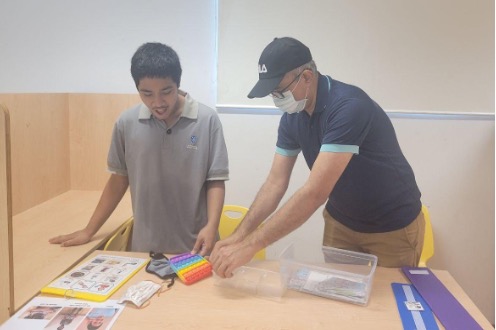
Mr Viren demonstrating how to identify and sort out different denomination notes during a numeracy lesson.
What are the duties of a Teacher Aide?
Teacher Aides play an important role in SPED classrooms. Beyond preparing learning materials to support teaching and learning, they also provide one-to-one support for students in areas of safety and self-care. When students struggle to regulate their emotions, Teacher Aides like Mr Viren also render immediate assistance to ensure that the child’s safety is taken care of while learning continues for the other students.
“We will direct them to areas that are designated safe spaces for them to take a break, and remind them of the calming activities that we have taught, such as how to regulate their breathing,” says Mr Viren. For students who are non-verbal, he also uses a communication board that is customised for each student to help them express themselves.
Mr Viren’s daily work includes collating information on his students’ behaviour, from their triggers and preferences to their strengths and weaknesses. This data is used in multi-disciplinary team discussions with the other school professionals such as therapists and social workers to come up with more effective ways to better support each student.
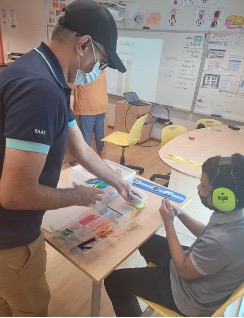
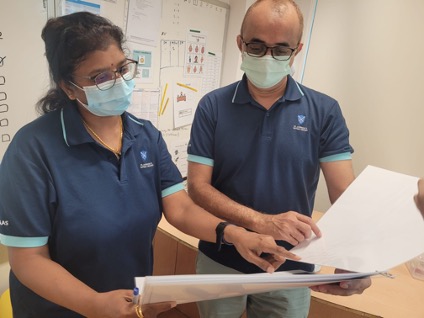
(Left) Mr Viren guiding his student during a lesson on colour identification and sorting, and (right) updating his co-teacher on the students’ progress.
How does he cope with challenges?
The job of supporting students with special needs can be mentally and physically draining for newbies. “To manage these challenges, I ensure I balance my time between work and leisure. After work, I will take part in activities that I enjoy, such as cycling, watching the movies, and reading the Bible. Doing so gives me the right mindset to overcome these challenges and focus better during work,” Mr Viren shares.
What is his most memorable moment as a Teacher Aide so far? Mr Viren recalls fondly his interactions with a student who experienced anxiety whenever he was exposed to high-pitched noises such as whistling, screaming, and ringing alarms. “It was not an easy task to relieve his anxiety, but we managed to work as a team to expose him to different types of sounds and gradually increased the volume until he was confident. He even received the Year-End Good Progress Award for his improvement!”
Success stories like this require time, dedication, and patience from educators like Mr Viren. Reflecting on the ups and downs of his career as a Teacher Aide, he shares, “My job as a Teacher Aide is like a coin with two sides. On one side, there are the day-to-day challenges, but on the other, there is an indescribable feeling of satisfaction knowing that you have made a difference in someone’s life.”
| What Teacher Aides doTeacher Aides in Special Education (SPED) schools work closely with teachers and Allied Professionals to provide customised and well-developed learning support for children with moderate-to-severe special educational needs (SEN). MOE continues to partner SPED schools and Social Service Agencies in the professional development of Teacher Aides. |



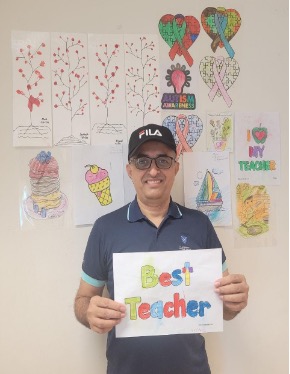
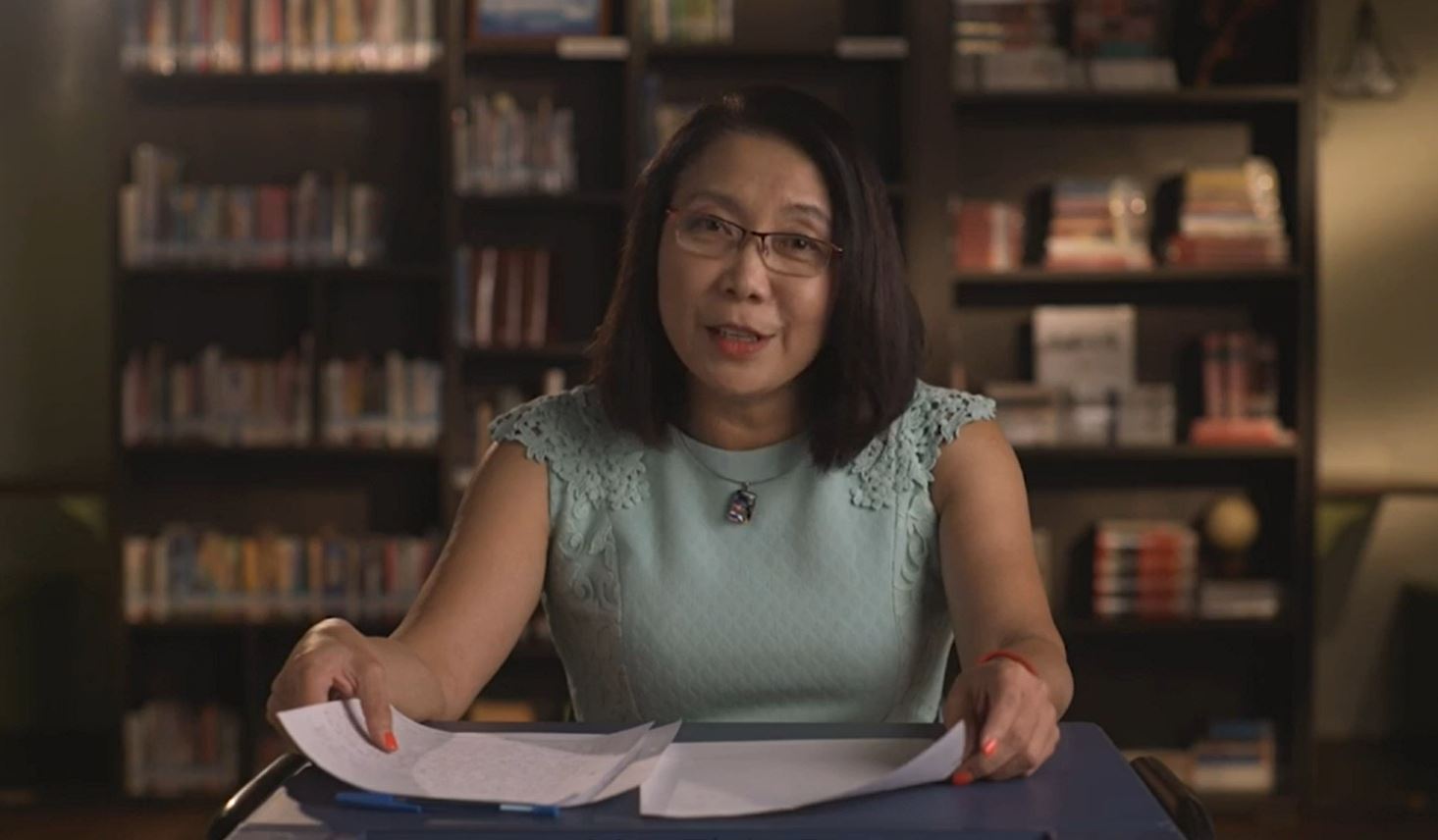
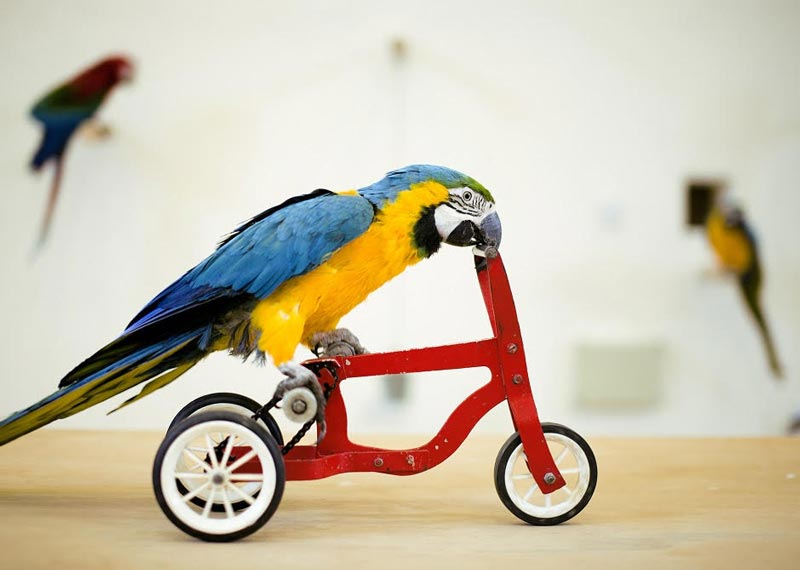
.jpg)